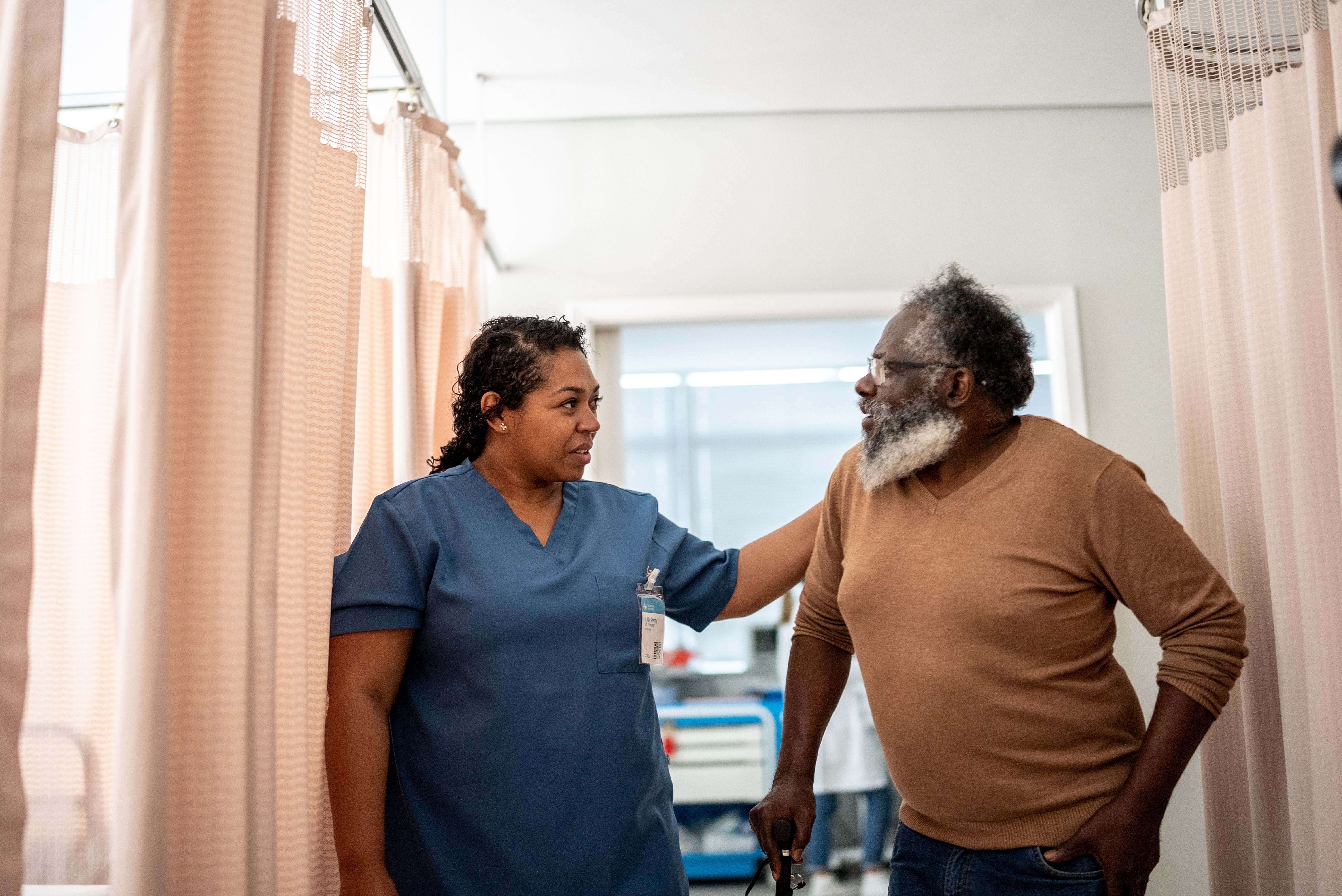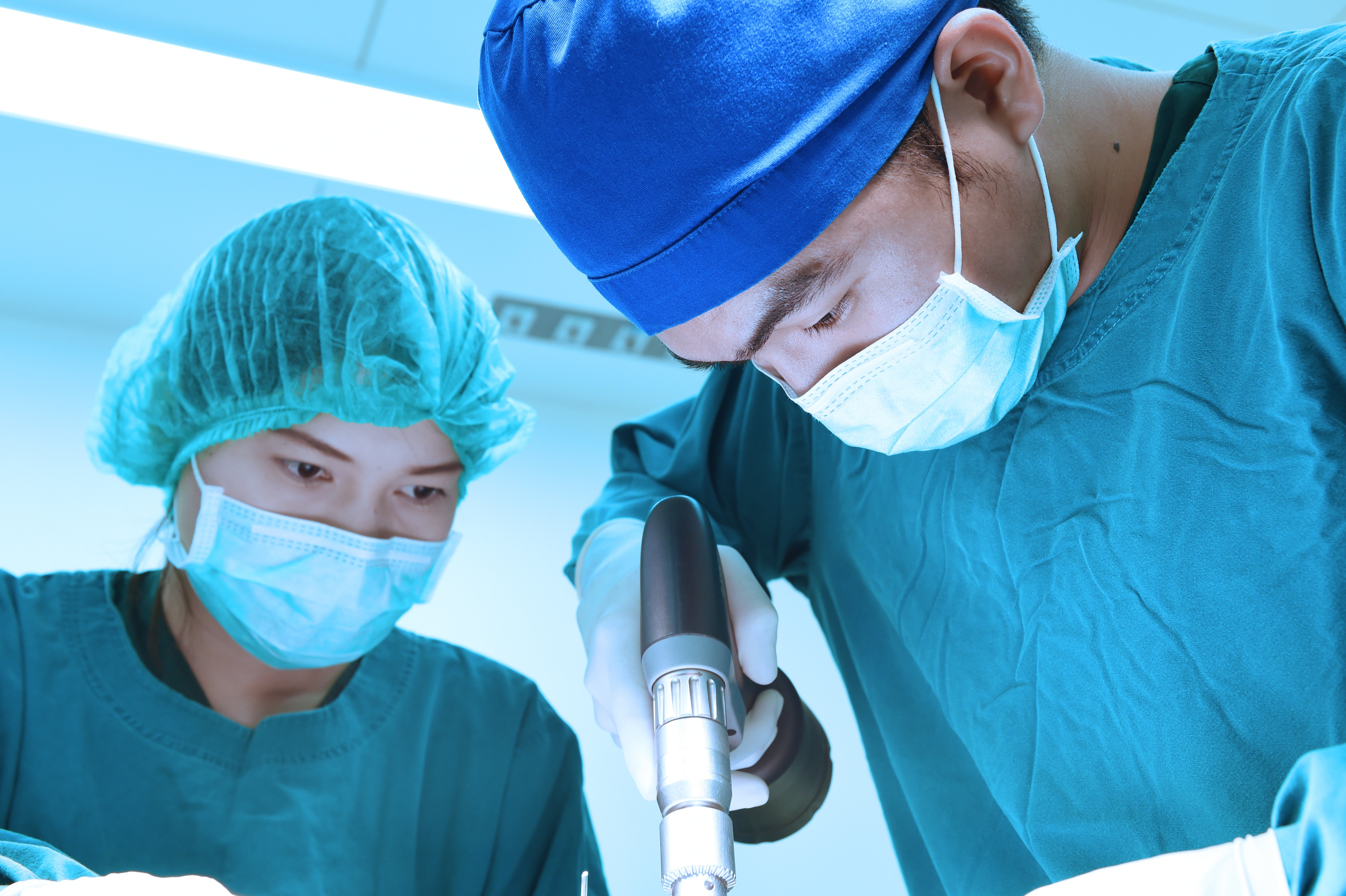The medical device industry, long an innovative sector, seems to be developing more and more dramatic “even revolutionary” products in recent years. It’s a trend that is not only providing us all with access to an even greater number of lifesaving products, but also improving the quality of day-to-day life for many patients around the world.
Driving at least some of these remarkable developments is undoubtedly the advent of the lithium-ion battery. Compared to legacy battery technologies, such as lead-acid, Li-ion cells provide more power and longer run times at smaller sizes and lighter weights. That makes a world of difference and opens up entirely new possibilities for medical device performance and capabilities. And, as the population ages and demand for healthcare services increases, it couldn’t be coming at a better time, in my opinion.

Enabling advances, granting mobility
Take for example the heart pump that sustains any number of patients suffering from heart failure or a similar dire health situation. Li-ion batteries provide the power and reliability to make these life-saving devices practical, without the patient being tethered to a wall outlet 24/7. As a matter of fact, heart pumps used to be so unwieldy that they could only be considered a temporary, short-term solution while the patient waited desperately for a heart transplant. But the Li-ion battery has helped make the device so small, convenient, and mobile that many patients are finding that their quality of life is good enough long-term without having to take the risk of invasive surgery.
Those struggling with lung disease used to have to wheel around heavy oxygen tanks with heavy batteries running them. Fortunately, the high energy density and small size of Li-ion batteries have enabled device manufacturers to replace those heavy tanks with small, lightweight oxygen concentrators that reliably create pure oxygen from ambient air. Users can carry them in a small bag by their side and take them conveniently everywhere they need to go.

Li-ion batteries are also giving people confined to wheelchairs the ability to be mobile longer with less maintenance and hassle. They are running respirators and ventilators that enable more home care scenarios, allowing patients to recover in familiar surroundings with family. They make possible implantable defibrillators and pacemakers. They can create more nimble and consistent surgical tools. They help reliably track vitals around the clock. The list goes on and on.
When considering Li-ion, consider Inventus Power
While Li-ion battery technology is worth seriously considering for medical device manufacturers in any case, I would certainly be remiss if I didn’t point out that Inventus Power has some unique advances and approaches to Li-ion technology that I believe offer many additional advantages, especially to this sector.
With over 60 years of battery industry expertise and over 30 years supporting medical device manufacturers with Li-ion battery technology, Inventus Power has experience making battery packs for just about every type medical device application that requires a rechargeable battery. We understand that every medical device used in the care setting must be carefully engineered to ensure the power systems running these critical devices not only meet the industry’s unique requirements and regulations, but perform exceptionally well and meet all expectations for safety, quality, reliability and efficiency.
From a design standpoint, we always have safety in mind. From cell and component selection to how the battery pack will be packaged, we are providing recommendations that ensure safety throughout the life of the device which could be for many, many years!
Our passion for innovation also enables us to support our customers with technology advancements. For example, Inventus Power has a proprietary design technology that protects batteries from intense heat and high-pressure steam and moisture, allowing them to stand up to autoclave sterilization allowing significantly longer battery pack life before the need for replacement. This is a tremendous benefit for any medical device application. For some of our OEM customers who make battery-operated surgical tools, their battery packs go through a grueling cycle in our in-house autoclave to test their performance and efficacy, before the products ship out, which provides an additional level of confidence in their resilience.

Inventus Power also has extensive regulatory experience for country-specific certifications as well as FDA class I, II & III certification requirements. In addition, we also have an in-house regulatory lab, and test every cell and battery pack in the product prototype stage to ensure that a customer’s battery pack will pass compliance testing, such as IEC 62133, UL 2054, UL 1642, IEC 60101-1 and more. Our goal is to make sure the battery pack’s compliance dovetails into the customer’s product-level agency requirements and performance.
And, perhaps most important of all, is our safety culture. It is the overriding element in everything we do. We make every battery pack in-house and train our employees on the manufacturing line of the immense importance of the batteries they are helping to produce. It is our experience, that when we inform our employees on the end application, whether it is a heart pump, respirator or other critical medical device, there is higher attention to quality throughout all steps in the manufacturing process. Indeed, everyone at Inventus Power is proud and humbled by the role we play in manufacturing battery packs for OEM medical devices that help sustain and improve the lives of patients around the world.
If these characteristics of a battery supplier are important to your organization, Inventus Power might just be the right lithium-ion battery pack manufacturer for your next medical device. Contact us to schedule a consultation call.